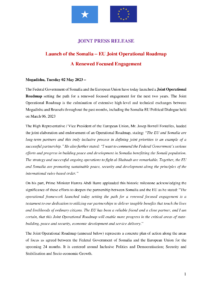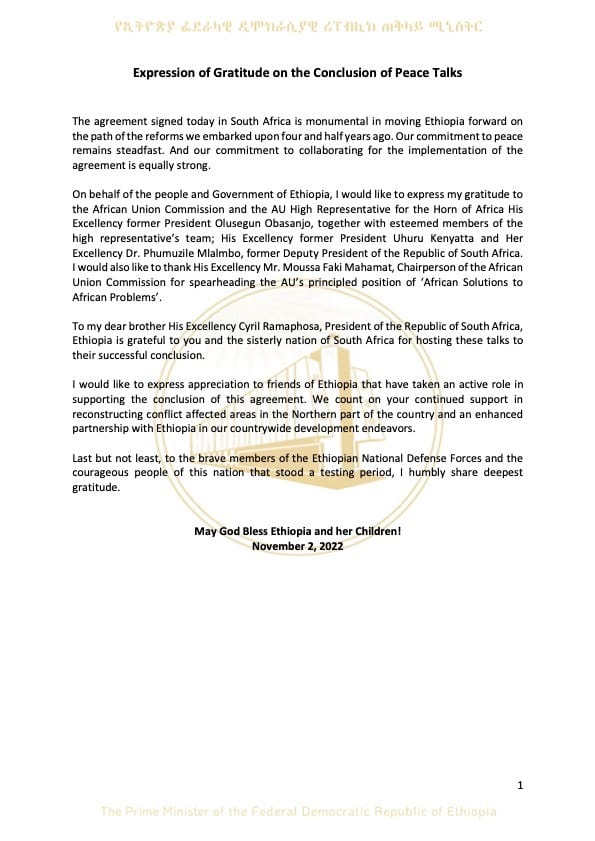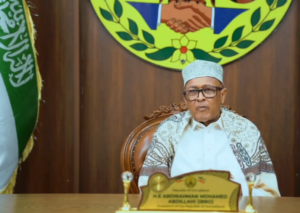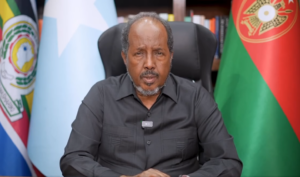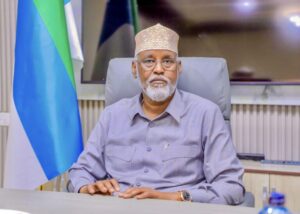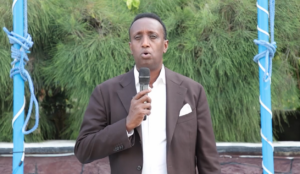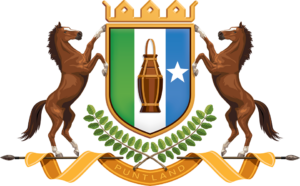Kenya picks foreign lawyers in Somalia oil border dispute
By GERALD ANDAE
Thursday, September 18, 2014
Kenya’s Attorney-General Githu Muigai has assembled a team of international maritime lawyers to defend Kenya in a long-running border dispute with Somalia as Kenya prepares for a meeting with the UN’s top court next week.
Somalia on August 28 asked the International Court of Justice in The Hague to determine the maritime boundary between the two nations in a row that could decide the fate of potentially lucrative oil and gas reserves off the East African coast.
Prof Muigai said Wednesday Kenya has formed a team of both local and foreign lawyers to defend the case after Somalia’s parliament rejected a deal reached between Kenya and the internationally backed government in Mogadishu.
“Kenya has put together a team of local and international maritime lawyers and other experts ahead of filing documents in response to Somalia’s claim in coming weeks,” said the Attorney-General.
“A preliminary meeting at the International Court of Justice is expected by the end of the month. But we are flying out next week on Wednesday for consultations with our international experts.”
At stake are legal claims by the two nations to sell rights for exploration and collect revenue from any discovery.
Somalia wants the maritime border to continue along the line of the land border, to the southeast diagonally and says a horizontal border would be unfair. Kenya, however, wants the sea border to go in a straight line east, giving it more sea territory.
If the suit goes the Somalia way, Kenya would be left with a small triangle in the Indian Ocean for mineral rights, losing at least seven oil blocks it has offered explorers.
The dispute has been running for years, keeping investors away because of the lack of legal clarity over who owns potential offshore oil and gas reserves.
The Attorney-General said the legal suit at the ICJ would run alongside diplomatic efforts to settle the dispute outside court. “An out-of-court settlement will be preferred, but we must respond to the suit,” said Prof Githu .
He added that an agreement reached and deposited with the Law of the Sea Commission in New York in 2011 following similar diplomatic negotiations was scuttled by Somalia’s parliament, setting the stage for the suit at the UN’s highest judicial body.
“Diplomatic talks are aimed at reverting to the 2011 agreement,” said Prof Githu.
Kenya recently identified eight new offshore exploration blocks available for licensing, and all but one of them are located in the contested area.
Somalia has said the dispute risks deterring multinational oil companies from exploring for oil and gas offshore East Africa.
The agreement between Kenya and Somalia stated that the border would run east along the line of latitude, but Mogadishu, which has lacked an effective central government since 1991, then rejected the agreement in parliament.

